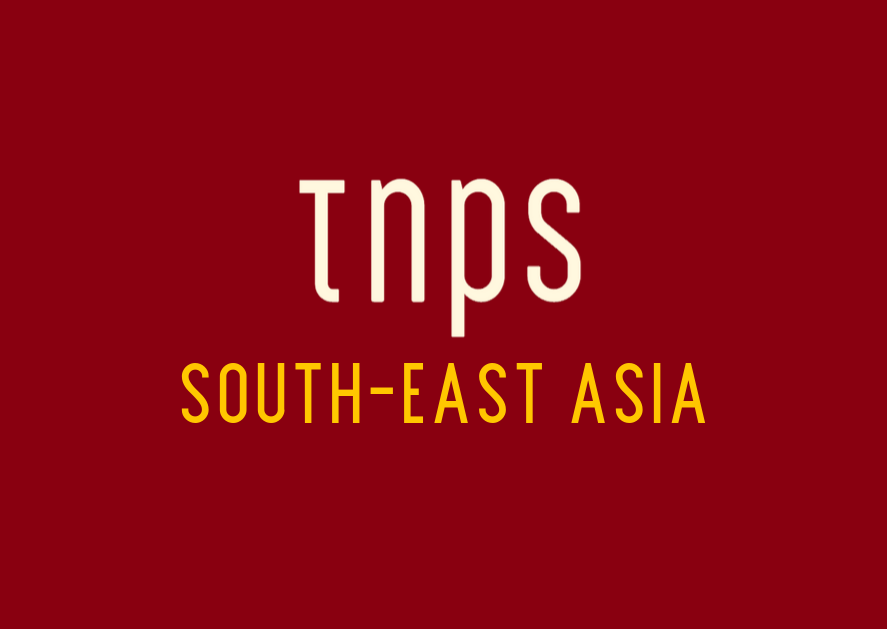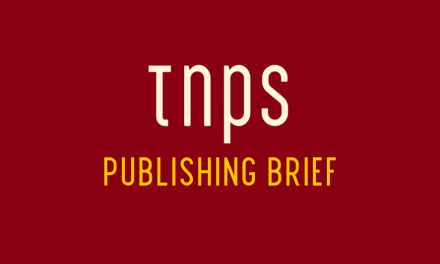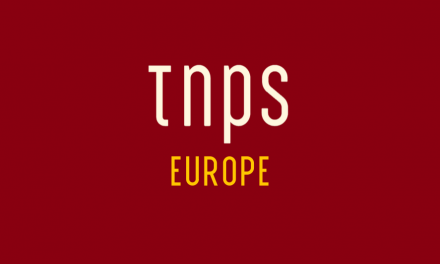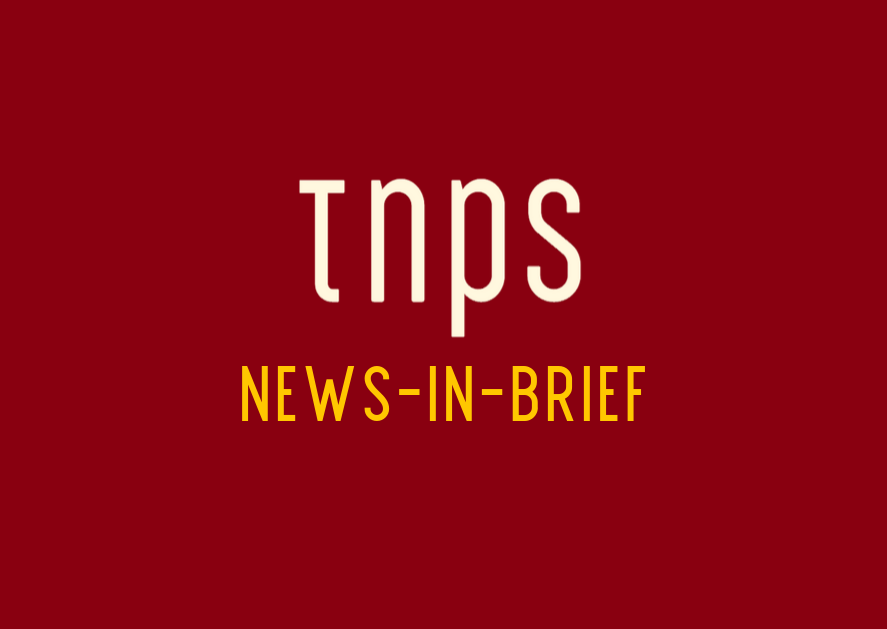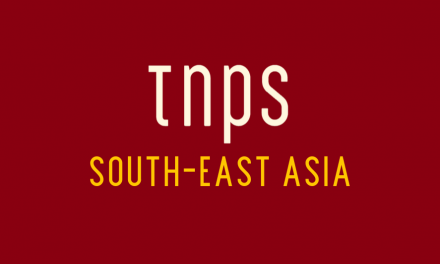Amazon has no time for most SE Asia markets, and that has allowed Thai publishers to embrace digital options on their own terms.
Running March 28-April 12 this year, the 12-day combined 52nd National and 22nd International Bangkok Book Fair hopes to at least equal the $10 million in sales revenue that came in in 2023, and generate as much again from rights deals with its first attempt at a rights fair.
Taking place at the Queen Sirikit National Convention Centre in the Thai capital, the annual combined national and international book fair regularly pulls in around 2 million visitors, and likely could manage more if the space were available.

As this image from the Thai publishers association Pubat shows, the event might easily be mistaken at first glance for London, were not the visitor number just a trifle higher.

Bangkok of course is first and foremost a public-facing event, and it’s not clear from media coverage so far where and how the rights fair will factor into this book-lovers throng. Stay tuned for updates on that as the event unfolds.
What we know so far is that PUBAT has joined forces with the Thailand Convention and Exhibition Bureau to create the first “Bangkok Rights Fair”, intended to match copyright trading activity between 53 participating Thai publishers and 34 international literary agents from 14 countries. According to some reports, it is anticipated this could bring in a further 350 million baht in deals value, which equates to around another $10 million, but given there is no history for this rights fair in Bangkok, that could be way off the mark either way.
In launching this initiative Thailand joins the growing number of countries where public-facing book fairs are making time and space available for rights centres, which offers a coupe of angles for analysis, which warrant more detailed discussion, but let me summarise them very briefly here.
First, that emerging markets are more and more realising the value of international rights deals in a world where publishing boundaries are no longer as rigid as they once were, and where publishing technology and innovative consumer-facing platform options mean every book has potential global reach beyond the publishers’ borders.
Second, that emerging market publishers are increasingly disenfranchised from the big western trade-facing fairs, thanks to a) exorbitant travel and accommodation costs, b) increasingly severe visa challenges, and c) feeling and being treated like token players when they are invited as part of a western fair’s tick-box inclusion programme.
More on that in a dedicated TNPS op-ed when time and local conditions conspire to combine in my favour.
Meanwhile, a reminder that last year Pubat announced the Thai book market had reached 42% digital, which should come as no surprise to those who follow Thailand’s Ookbee, a digital reading platform that has been going since 2012.
It helps, of course, that Thailand is 18th in the world by internet users, just behind the UK and just ahead of France, with 62 million people online.
But we only need to look at the big western book markets to see that internet user numbers alone are not enough to tempt publishers to fully embrace digital.
Another factor, of course is Amazon. Or rather, the absence of Amazon.
It’s worth noting that mature book markets, where Amazon is a significant player, tend to play down digital publishing, because embracing digital would mean strengthening Amazon’s hand still further.
Amazon has no time for most SE Asia markets, and that has allowed Thai publishers to embrace digital options on their own terms. And we see a similar story in the Nordics, where digital books account for more than half all book sales in Finland and Sweden, but where Amazon is at best a Johnny-come-lately side-show. There is an Amazon Sweden store, for example, but no Kindle store.
On the bright side, Swedish is at least supported by the Kindle devices and store, unlike Thai. In fact, apart from Arabic, Chinese, Japanese and five Indian languages, there is no ebook support for any other Asian languages.

